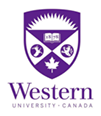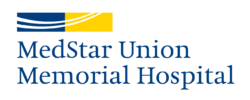Accélérez l'acquisition de compétences et l'autonomie chirurgicale.
Fournir un fondement éducation médicale tandis que le renforcement des compétences pratiques est devenu un défi pour les établissements médicaux. Les restrictions d'heures de service, les progrès rapides des nouvelles technologies et des implants médicaux ont tous conduit à un retard des méthodes d'apprentissage traditionnelles dans la formation de la prochaine génération de chirurgiens. Un pourcentage important de résidents en chirurgie déclarent qu'ils ne se sentent pas prêts à effectuer des interventions de façon autonome à la fin de leur formation.1,2 Formation en réalité virtuelle représente une méthodologie de pratique accessible, rentable et délibérée pour aider les résidents et les chirurgiens en exercice à atteindre un seuil de compétence ou à maîtriser la chirurgie.
















